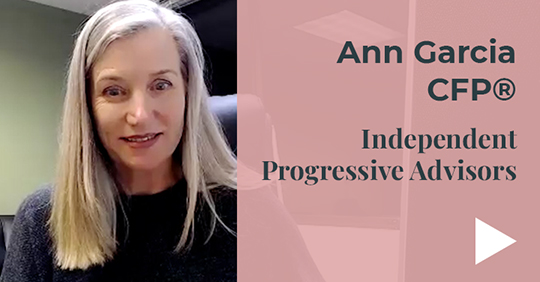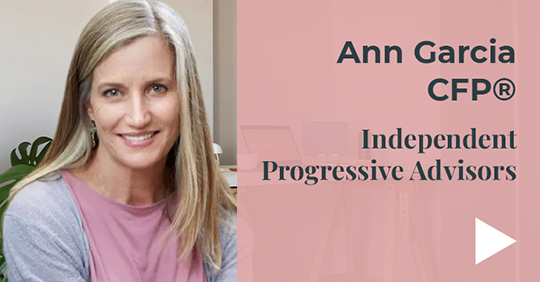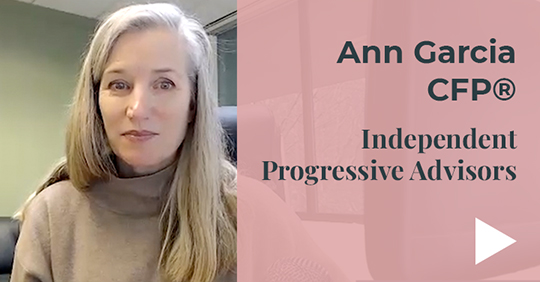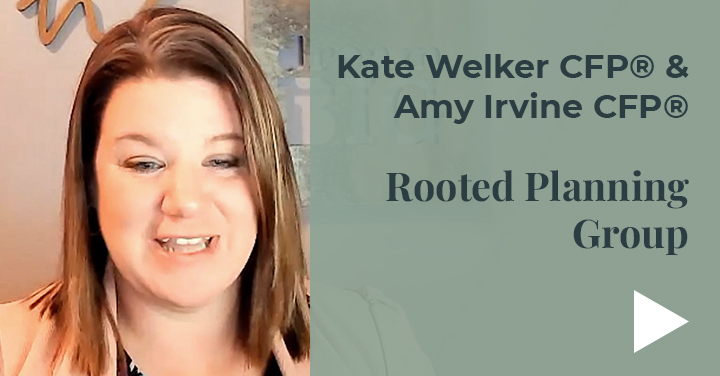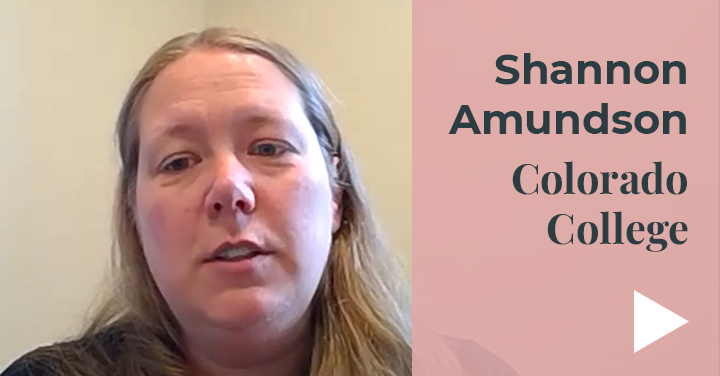For a lot of adults who went to college 20 years ago, standardized testing was a necessary – and stress inducing – step in the admissions process. We knew taking the test wasn’t a question, and hoped we’d score 200 free points for just writing our name. (Turns out that was a myth!)
Now that our kids our taking the SAT or ACT, all those memories are rushing back. While a lot hasn’t changed, how test scores are used by colleges might look a little different.
Molly Boegel, assistant vice president for enrollment management at Dickinson College, joins our Learn from the Experts series. She breaks down the different types of test policies, and how testing factors into admissions.
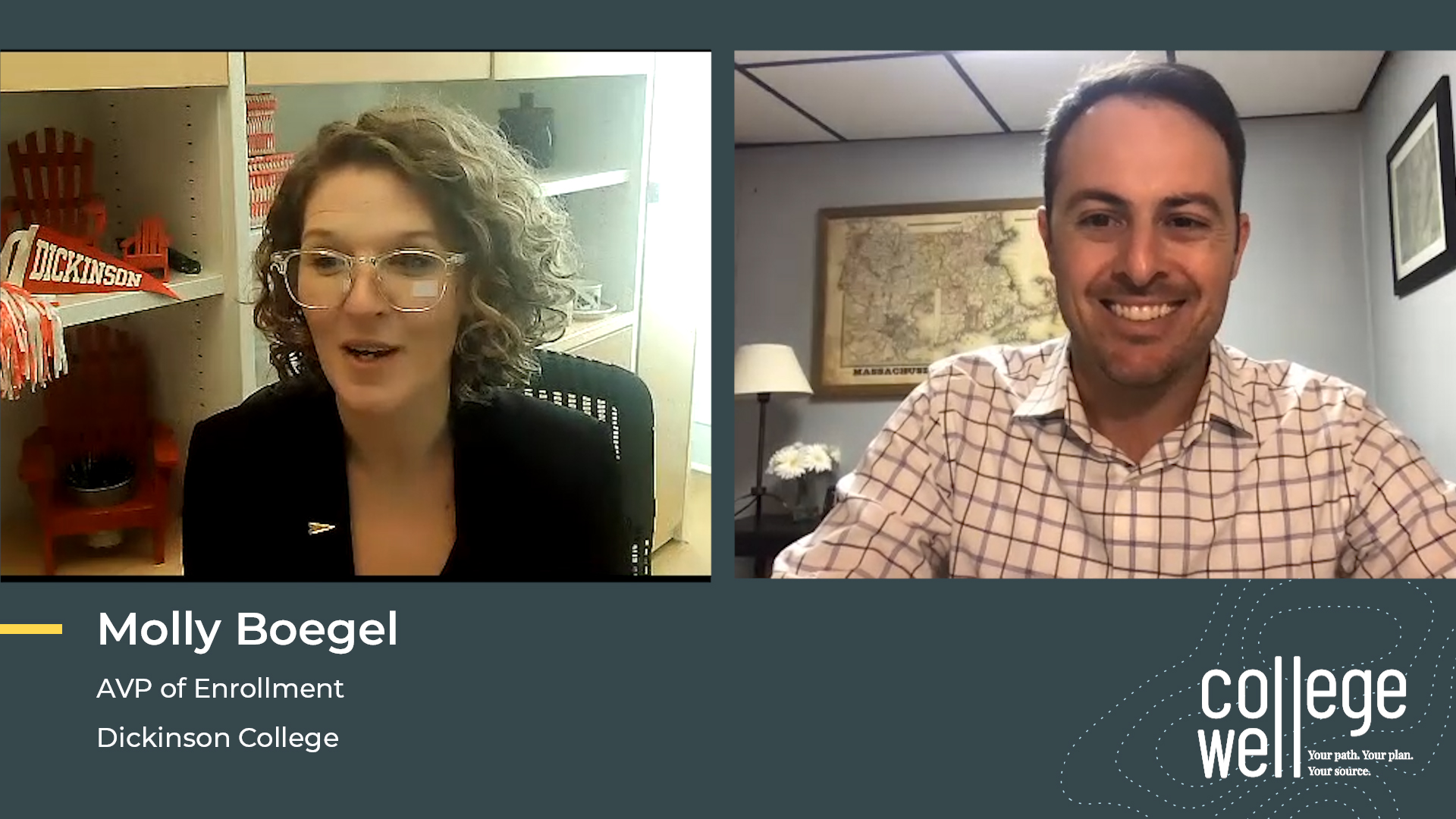
Some conversation highlights include:
One thing’s for sure, no two policies are alike
“Perhaps what’s most consistent with college admissions is that there’s nothing that’s truly consistent across different schools,” says Molly.
Colleges use admissions policies to build their student body. So, how much standardized test results weigh in the admissions process will depend on a school’s priorities. There are three basic types of policies for standardized testing:
- Test-required – required by the college and considered in the admissions process for all students
- Test-optional – it’s a student’s decision to submit results, and they’re considered in the admissions process only if submitted
- Test-blind – not required by the college and never considered in the admissions process
If a school says optional, it’s optional.
Weigh the advantages and disadvantages
To figure out whether a school’s testing policy is to a student’s advantage or disadvantage, Molly suggests students consider: “Where your testing [score] lands, what a school’s policy says about how they’ll use that information, and what that outcome could look like for you.”
Though testing is just one piece to the puzzle, Molly stresses that students should go into the admission process knowing how test scores could impact them at each school.
And for families who question whether test-optional admissions is really that, Molly adds, “A college would not adopt an entire policy that would impact its full [data cycle] if it didn’t believe [the policy] was important. If a school says optional, it’s optional.”
Don’t lose sight of yourself
Speaking to students, Molly stresses, “You’re the center of this process, You’re the most important part of this job. Working with you — understanding who you are and what you value — that is so essential to college admissions. You should value it too.”
Begin the college search knowing what’s important to you and what you’re looking for.

